Introduction
The Community Anti-Crime Group (CACG) serves as a key partner of local government units (LGUs) and law enforcement in promoting peace, order, and community welfare. However, to maintain public trust and operational legitimacy, it is essential that CACG operates strictly within the limits of Philippine laws and ethical standards.
This article addresses three core areas:
- Legal Boundaries of CACG authority
- Code of Conduct for CACG Volunteers
- Understanding Citizen’s Arrest in CACG operations
1. Legal Boundaries: What CACG Can and Cannot Do
✅ What CACG Can Legally Do
CACG functions under the authority granted by LGUs through local ordinances and resolutions. While not a law enforcement body, CACG is empowered to assist in public safety initiatives.
Permitted Activities:
- Monitor and report suspicious activities to police or barangay officials
- Assist in implementing barangay ordinances (e.g., curfews, community safety protocols)
- Provide manpower for disaster response, health checkpoints, and community events
- Participate in awareness campaigns on peace, health, and safety
- Conduct neighborhood patrols in coordination with barangay tanods or police
- Assist in maintaining order during public events and emergencies
❌ What CACG Cannot Do
CACG volunteers are not law enforcement officers and must not assume the powers of the police. Unauthorized actions can lead to administrative or criminal liability.
Prohibited Actions:
- Carrying firearms or deadly weapons (unless licensed and authorized under exceptional conditions)
- Conducting searches, seizures, or entering private property without consent or legal authority
- Detaining individuals without observing due process
- Imposing fines, sanctions, or disciplinary actions outside CACG internal policies
- Engaging in political activity or partisan organizing while in uniform or on duty
- Performing law enforcement tasks without direct supervision by police or barangay officials
Legal Basis: These limitations are outlined under the Local Government Code of 1991 (RA 7160), Revised Penal Code, and DILG guidelines on community support groups.
2. Code of Conduct for CACG Volunteers
A well-defined code of conduct ensures professionalism, integrity, and public trust. Each CACG unit should formally adopt a standardized code and provide training during volunteer onboarding.
Core Ethical Principles:
- Integrity: Volunteers must avoid any form of corruption, favoritism, or abuse of power.
- Neutrality: CACG should operate independently of political, religious, or commercial influence.
- Confidentiality: Information gathered during community activities must be handled with care and not disclosed inappropriately.
- Respect for Rights: Volunteers must respect the dignity, privacy, and freedoms of all individuals, regardless of background.
- Non-Violence: Physical or verbal aggression is strictly prohibited in all circumstances.
Professional Conduct:
- Always wear CACG uniform/ID when on duty
- Maintain punctuality and discipline during assignments
- Avoid intoxication or substance use during or prior to service
- Use respectful language when engaging with citizens
- Refrain from using position for personal or financial gain
Disciplinary Actions:
CACG units should have internal disciplinary mechanisms:
| Infraction | Example | Disciplinary Action |
|---|---|---|
| Minor misconduct | Tardiness, improper uniform | Verbal or written warning |
| Moderate violation | Disrespect, absence without leave | Suspension (1–4 weeks) |
| Severe offense | Abuse of authority, violence | Expulsion and legal reporting |
3. Understanding Citizen’s Arrest in the Context of CACG
Citizen’s arrest is a legal provision under Rule 113, Section 5 of the Rules of Criminal Procedure that allows private individuals to detain someone under certain conditions. CACG members may act under this provision, but with extreme caution.
✅ When CACG May Perform a Citizen’s Arrest:
- The person is caught in the act of committing a crime (in flagrante delicto)
- The person has just committed a crime, and the CACG member has personal knowledge of the act
- The person is an escaped prisoner or detainee
❌ Limitations and Cautions:
- CACG must immediately turn over the arrested individual to police authorities
- Excessive force or unlawful detention can result in criminal charges such as arbitrary detention or physical injury
- A citizen’s arrest must never be based on suspicion alone — actual commission or recent act must be evident
- Searches of the person or property are not allowed unless consented to or done by police
- Important Note: Misuse of citizen’s arrest authority is punishable under the Revised Penal Code and can damage the reputation of CACG as a whole.
Conclusion
The success and sustainability of CACG depend not only on dedication but also on legal compliance and ethical integrity. Knowing the boundaries of what CACG members can and cannot do, abiding by a clear code of conduct, and responsibly understanding citizen’s arrest empowers volunteers to serve their communities effectively and lawfully.
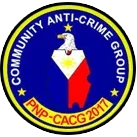

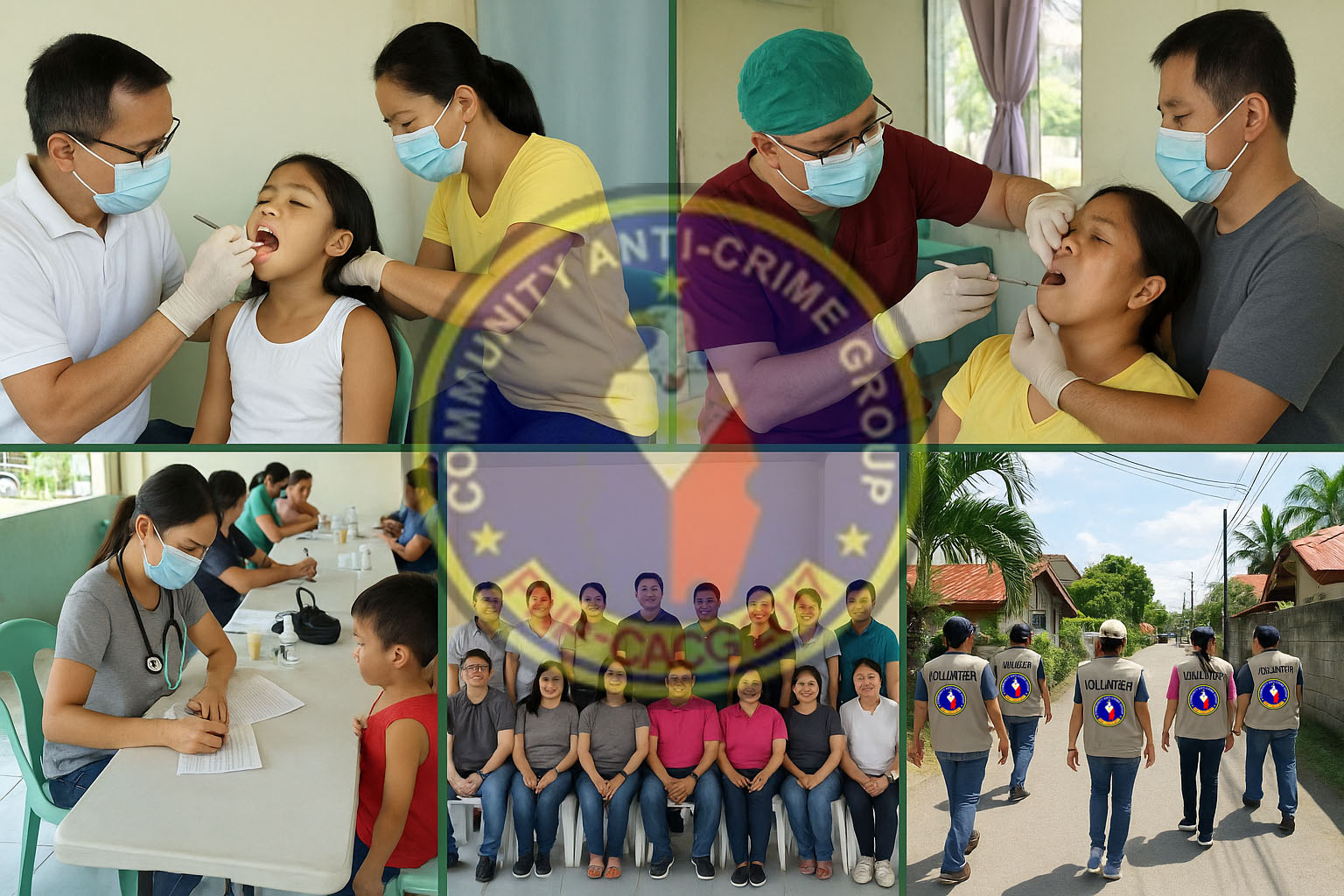

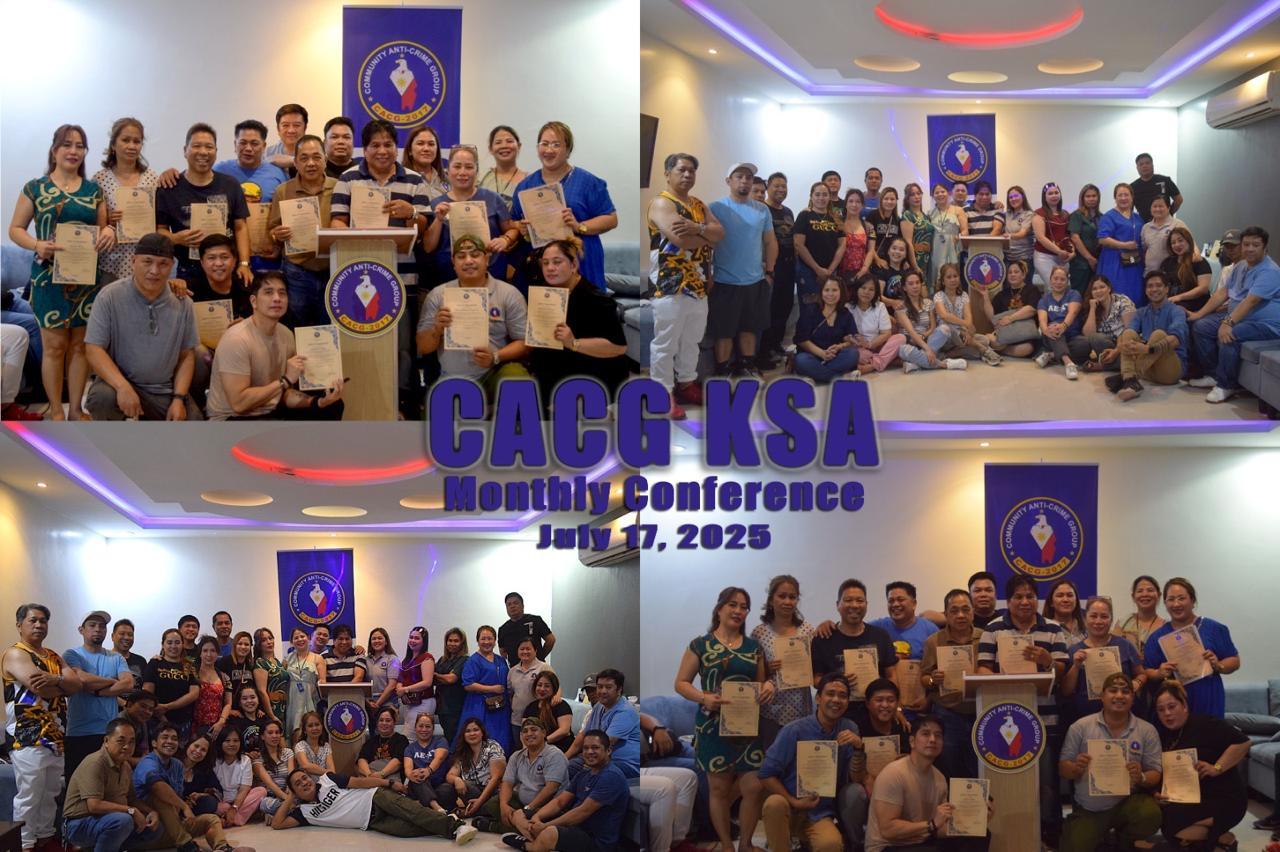
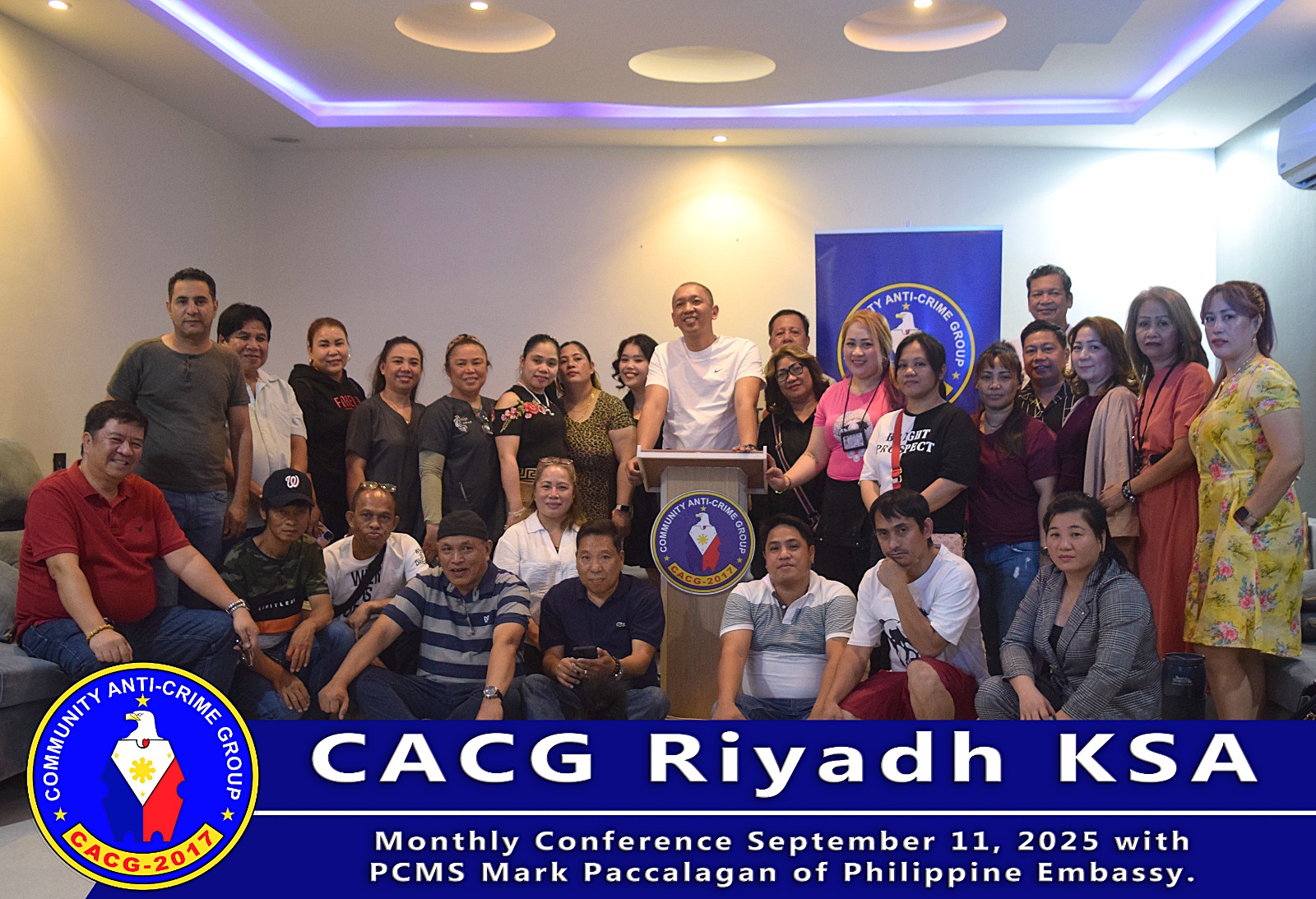
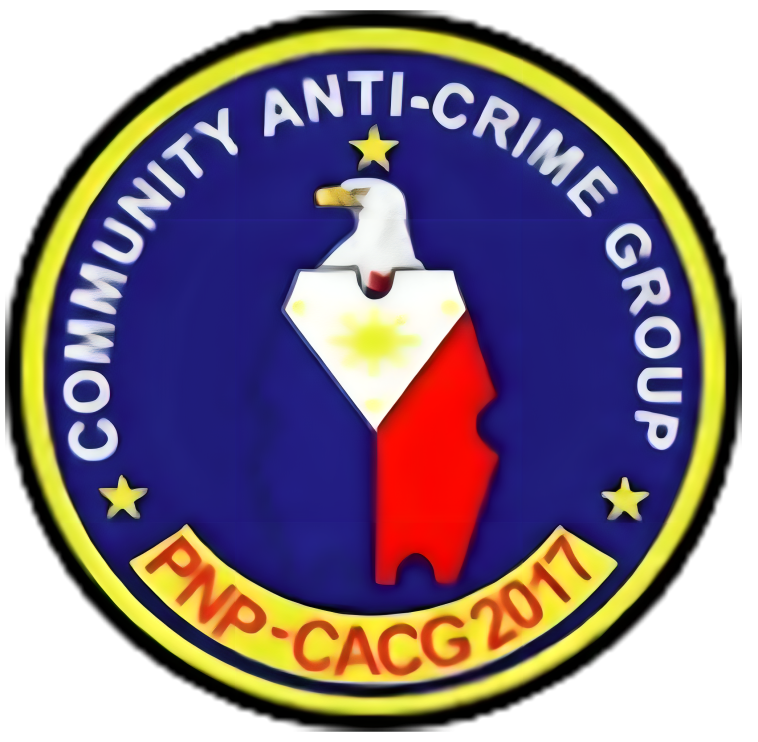 then choose "Install".
then choose "Install".